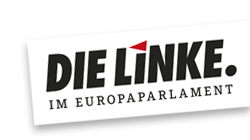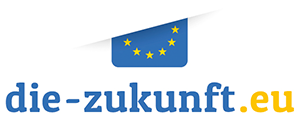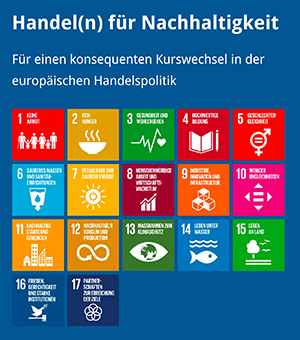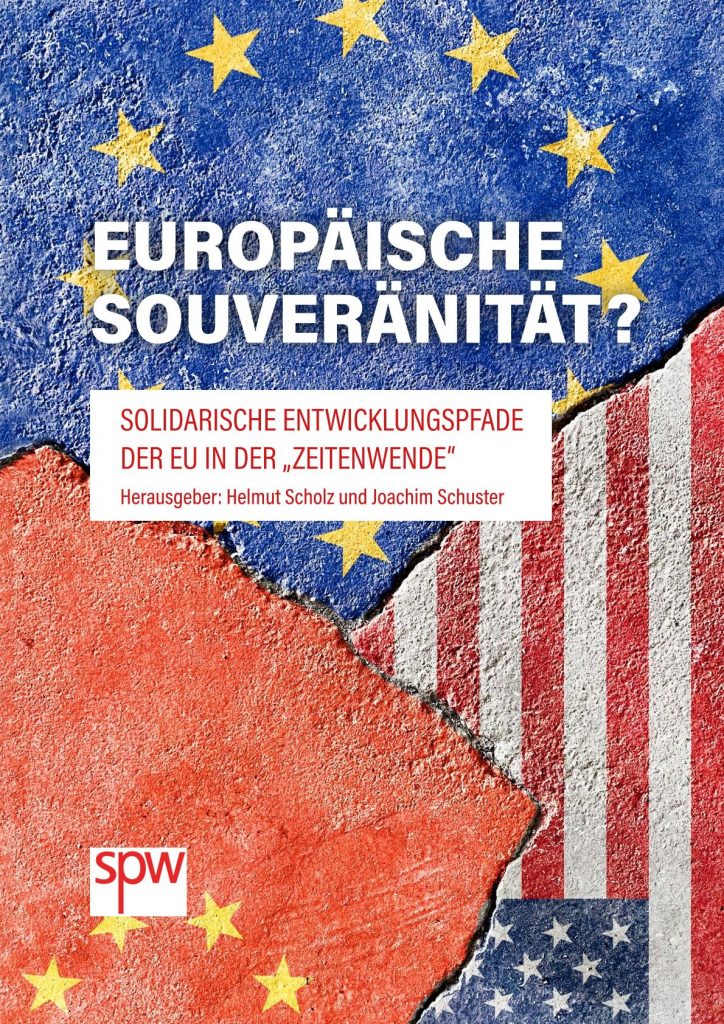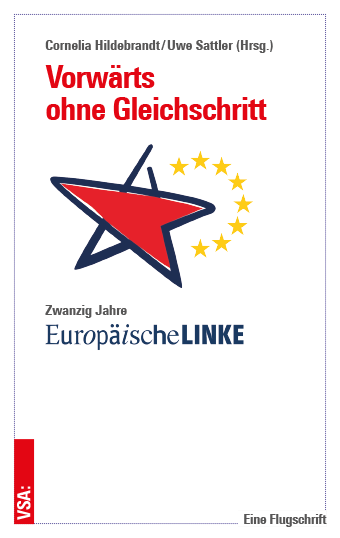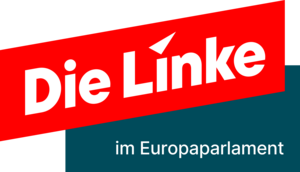Press information – 15-02-2017
Plenary session / External relations
MEPs gave their consent to the EU-Mongolia partnership and cooperation agreement in a plenary vote on Wednesday, opening up the possibility for deeper cooperation on trade, development, agriculture, energy and other sectors. They welcome the economic and democratic development of the country, but encourage the Mongolian authorities to create more transparent conditions to allow for further investment from the EU.
Negotiations on the EU-Mongolia partnership and cooperation agreement were launched in 2010 and concluded the same year. It was then signed by both sides in April 2013. The final agreement will form the basis for wider relationships between the two parties in different areas spanning business, trade, development, agriculture, environment, energy, education, culture and tourism.
EP rapporteur Helmut Scholz (GUE/NGL, DE) said: "I am very glad that by a large majority, the European Parliament has given the green light to the EU framework agreement on Partnership and Cooperation with Mongolia. It shows that the EU is committed to the realism of its own capabilities and to the interests of both sides, and ultimately does not intend to act as a competitor with Mongolia's neighbours."
Significant economic and political development in Mongolia
Mongolia has made "substantial progress" in economic development and poverty reduction since the 1990s, reads a separate resolution adopted with 619 votes to 63 and 15 abstentions. MEPs emphasise that creating a stable legal and business environment in the country is essential to attracting more investment from the EU, while expressing concern that poverty is becoming entrenched in some areas of the country.
They welcome Mongolia"s efforts to consolidate democratic progress and the rule of law, commenting on its importance for stability in the region. The resolution notes that the country"s democratic transformation, in combination with its particular geographical position between China, Russia and the countries of Central Asia and North-East Asia, enables Mongolia to play "a constructive role" in facilitating peaceful solutions to conflicts in the region.
EU an increasingly important partner
Since 2005, practically all Mongolian exports have been granted tariff-free access to the EU under the reformed Generalised System of Preferences (GSP+) and the EU is now Mongolia"s third biggest trading partner, says the resolution.
MEPs welcome the fact that EU development assistance to Mongolia has more than doubled for the period 2014-2020. It now stands at EUR 65 million, compared with EUR 30 million for the period 2007-2013, says the text.
Need for parliamentary cooperation
The resolution also emphasises the need to "further enhance the parliamentary dimension of EU-Mongolia relations". It regrets the absence of any reference to parliamentary cooperation, which would allow establishing Parliamentary Cooperation Committee to undertake the democratic scrutiny of the agreement. MEPs encourage starting as soon as possible the negotiations on a new protocol to remedy the situation.


